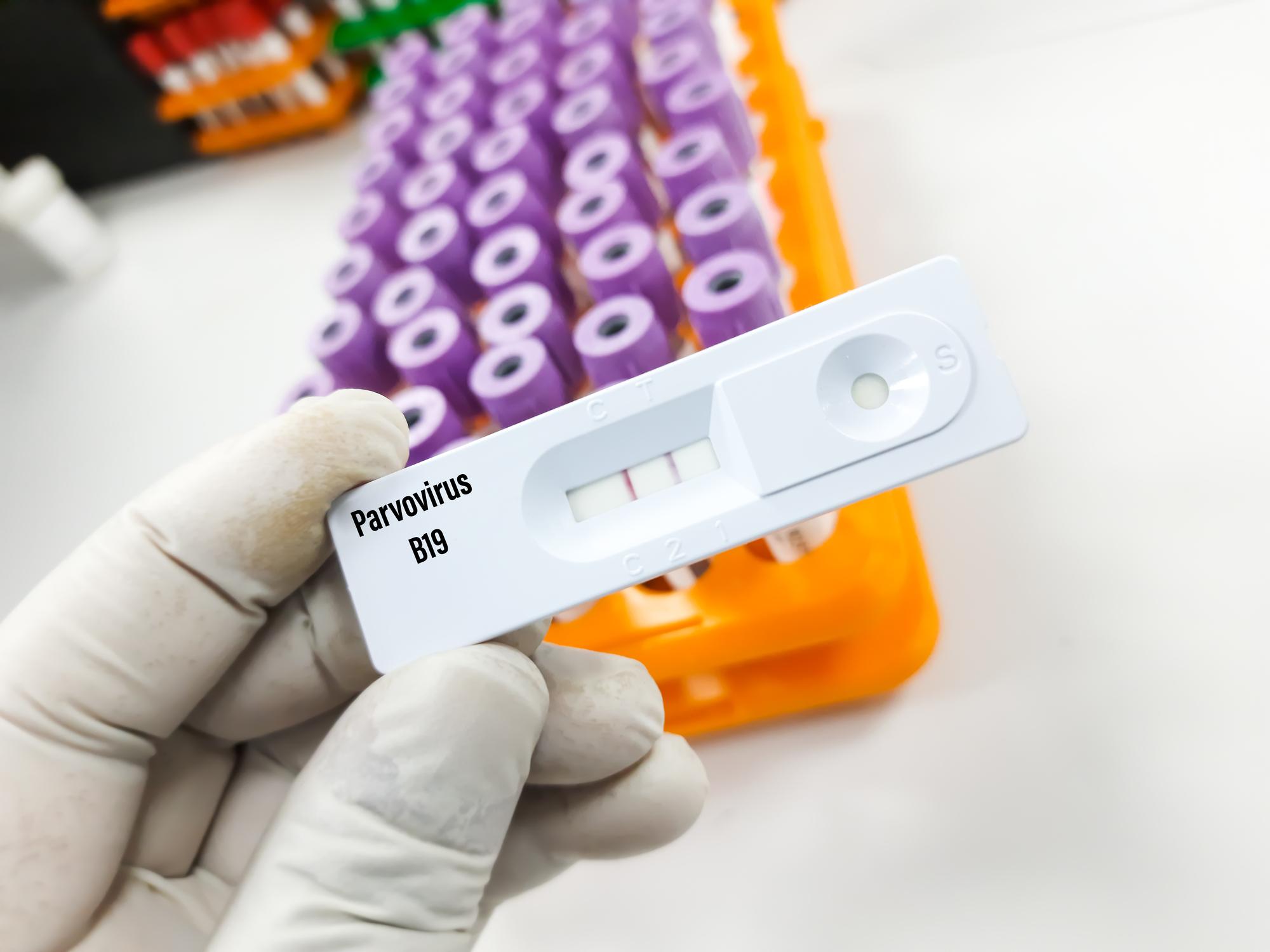A pediatrician died of lightning meningitis at Bastia Falconaja hospital in Corsica. The Regional Health Agency indicates that there is no need to panic.

Monday, December 10, a pediatrician died of lightning meningitis at the hospital in Bastia Falconaja, Corsica. “A case of invasive meningococcal group B infection was reported to the Regional Health Agency of Corsica on Tuesday, December 11, 2018. The patient, a healthcare professional who was performing a replacement at Bastia hospital, unfortunately died” , indicates theRegional Health Agency.
The entourage contacted and treated
The unfortunate doctor often made replacements at the Bastia hospital. Aged about forty, he was recruiting from a permanence when he had to be taken care of in the emergency room of the CHU. To avoid any contamination, the ARS contacted and cared for people who had been in prolonged contact with him. “All staff, patients and their families who have been in close contact with this practitioner have been identified and contacted individually to recommend that they take the appropriate prophylactic treatment,” the statement read.
The germ carried by the deceased doctor being “very fragile”, the health agency indicates that there is no reason to be alarmist. “The meningococcus is a very fragile germ that does not survive in the external environment. Transmission is mainly through oropharyngeal secretions (cough, sputters, etc.) during close and prolonged face-to-face contact with the person carrying the disease. bacteria,” it says. As this is a sole case of group B meningococcal meningitis, there is no vaccination recommendation. No other measure is necessary: neither disinfection of the premises, nor school or professional eviction of subjects who have been in contact with the patient.
Headaches and stiff neck
Meningococcus is manifested by fever, headache, stiff neck with vomiting and discomfort to light. 546 cases were notified in France in 2017, responsible for 62 deaths. In fact, it is a rare infection.
About 70% of cases of bacterial meningitis occur in early childhood, before the age of 5 years. Purpura fulminans infection (the most aggressive form of meningitis) occurs in 30% of cases of meningococcal meningitis. In 60% of cases, the patient has no sequelae, but 20% of them experience deafness, blindness, paralysis, or fall into a coma. For the remaining 20%, meningitis is a life-threatening disease, not least because the diagnosis of meningitis is often delayed due to unnecessary brain tests performed before lumbar puncture.

.

















